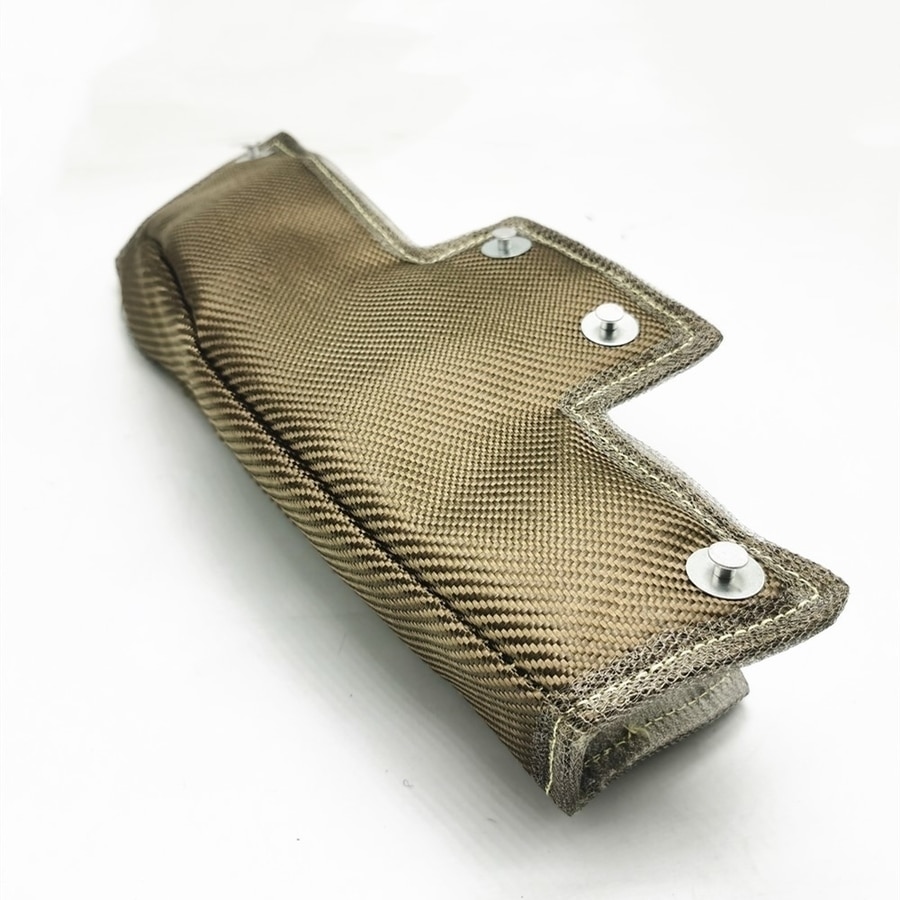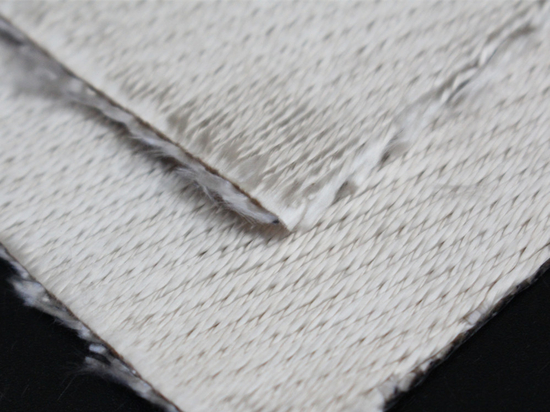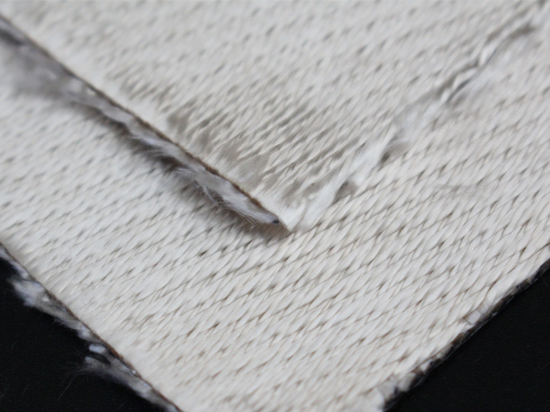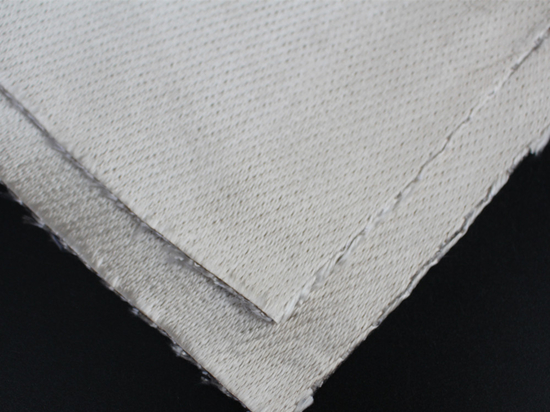
#Product Trends
What is exhaust heat insulation materials?
exhaust heat insulation materials
Exhaust heat insulation materials are specialized products designed to control and manage the high temperatures generated by an engine's exhaust system. These materials help to reduce heat dissipation, prevent damage to surrounding components, and improve overall performance by keeping the exhaust gases hotter for more efficient flow. These materials are typically made from heat-resistant fibers, metals, or composites and are specifically engineered to withstand extreme temperatures.
Types of Exhaust Heat Insulation Materials:
Exhaust Wraps and Tapes:
Fiberglass Exhaust Wrap: Made from woven fiberglass fibers, these wraps are designed to withstand extreme temperatures. They are commonly used to wrap exhaust pipes, headers, and manifolds to contain and direct heat.
Basalt Exhaust Wrap: A more environmentally friendly alternative to fiberglass, basalt wraps offer excellent heat resistance and durability while reducing the risk of harmful fiberglass particles.
Titanium Exhaust Wrap: Known for its superior heat resistance, titanium wrap provides the highest level of thermal protection, often used in racing and high-performance applications.
Heat Shields:
Aluminized Fiberglass or Ceramic Shields: These shields are designed to reflect heat away from sensitive components and are often used around exhaust pipes and turbochargers. They are lightweight and can reflect a significant amount of heat.
Aluminum Heat Shields: Made from thin layers of aluminum, these shields are used to reflect heat away from sensitive areas. They are commonly used in automotive and industrial applications to protect wiring, hoses, and other components.
Exhaust Insulation Blankets:
These are typically made from ceramic fibers or fiberglass and are used to insulate entire exhaust systems. They are often used in applications like industrial machinery, automotive racing, and military vehicles where high temperatures are present.
Silica Fiber and Ceramic Fiber Sleeves:
Sleeves made from silica or ceramic fibers are used to cover individual parts of the exhaust system like hoses, cables, and lines. These fibers have excellent heat resistance properties and provide an added layer of insulation.
Exhaust Heat Shields with Reflective Coating:
Coated with materials like aluminum, these shields are often used for exhaust systems, turbochargers, and catalytic converters to reflect heat and prevent damage to surrounding components.
Benefits of Exhaust Heat Insulation:
Increased Exhaust Gas Velocity: By retaining heat in the exhaust system, heat insulation materials can help maintain higher exhaust gas temperatures, which improves the flow and velocity of gases, enhancing engine performance.
Protection of Components: Heat insulation prevents surrounding components, such as wires, hoses, and fuel lines, from being exposed to excessive heat that could cause deterioration or failure.
Improved Safety: By managing heat more effectively, exhaust heat insulation reduces the risk of burns or fires that could be caused by overly hot exhaust systems.
Noise Reduction: Some materials, such as ceramic fiber blankets, also help in reducing the noise generated by the exhaust system.
These materials are used in various industries, including automotive, aerospace, industrial machinery, and marine, to improve efficiency, reduce the risk of thermal damage, and ensure the longevity of exhaust systems and surrounding components.







